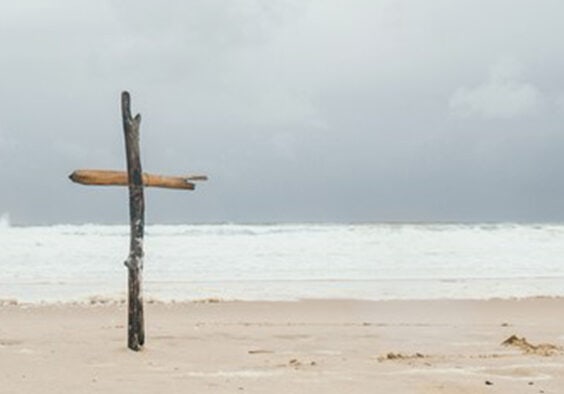One of the most common misconceptions people have about dying without a Will is that their spouse will get all of their assets on their death.
With the exception of property held jointly (e.g. family home held as joint tenants, bank accounts in joint names), in Western Australia the deceased person’s spouse (being a legal or de facto partner) only inherits the first $50,000 of the estate under the current laws. The balance of the estate is split between the spouse and the children of the deceased in a 33:67 split (if the deceased had more than one child) or a 50:50 split if the deceased only had one child.
You may think, “well, that’s alright, we don’t have any children, so my spouse will get the lot.” In that case, life actually gets more complicated! In the event that your spouse dies without a valid Will, in Western Australia you are entitled to the first $75,000 of their estate; the remainder is split 50:50 between you and their family, being those of their parents and siblings or deceased siblings’ children.
Example: Peter and Jane are a recently married couple who met and married in their late 20s. Before their courtship, each owned their own home in their own name; they now live in Peter’s house and rent out Jane’s house. Both houses are mortgaged. They have not yet taken steps to move Peter’s house into their joint names
Unfortunately, Peter is killed in a tragic accident not long after their wedding. Jane now not only has to deal with the grief of losing her husband, she now realises that Peter’s mother and three brothers, none of whom she likes, are now entitled to a half share in her marital home (Peter was a smart investor and had over $75,000 in shares, which Jane is entitled to take). Facing pressure from Peter’s family, and the reality of attempting to service two mortgages on her sole income, Jane is forced to sell their marital home and move back with her parents until the lease on her rental property expires.
The WA government is currently considering a Bill to raise the spouse’s entitlement to $435,000 where the deceased had children, or $650,000 where the deceased had no children. This sounds good, but an increase to the statutory distribution was first proposed in 1990!
Rather than leaving your estate plan to the whims of the government, there is a simple step you can take: make a valid Will. Having a Will puts you in the driving seat of your estate plan, and reduces the stress and shock to your spouse at an incredibly difficult time.

